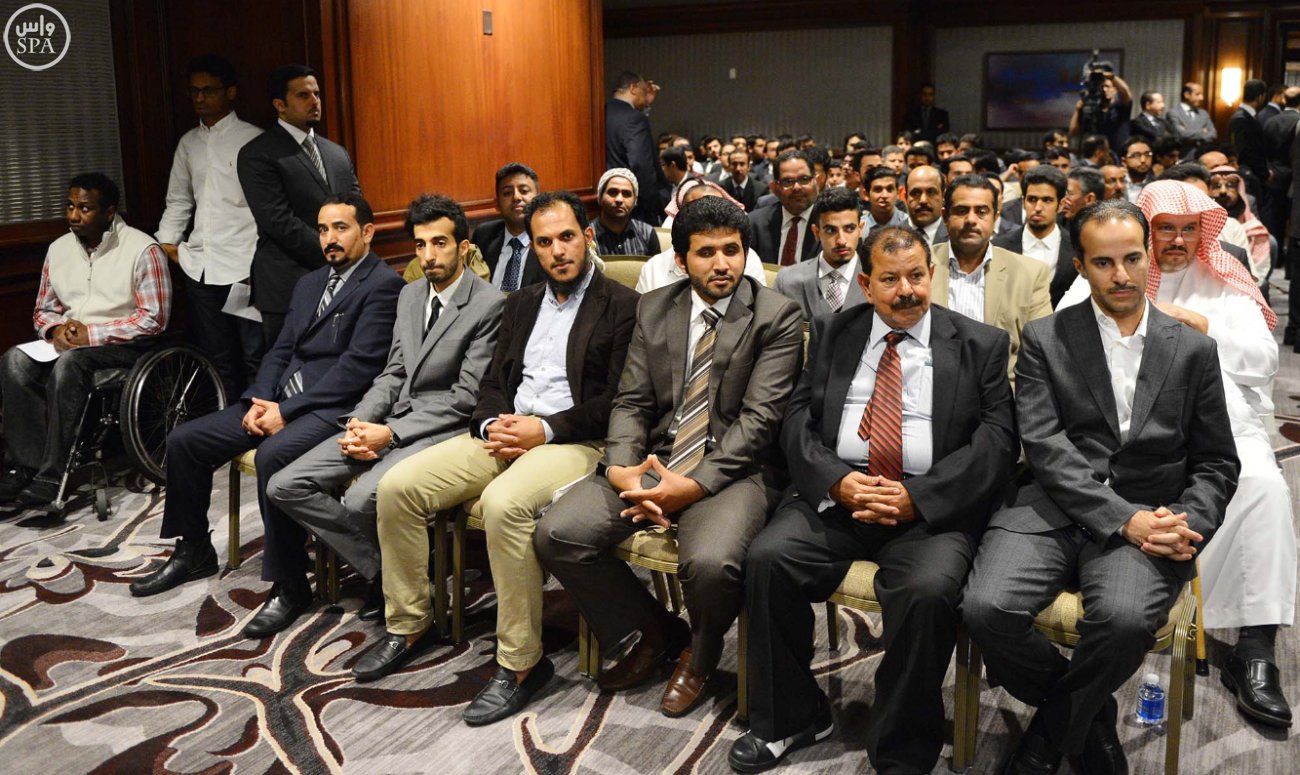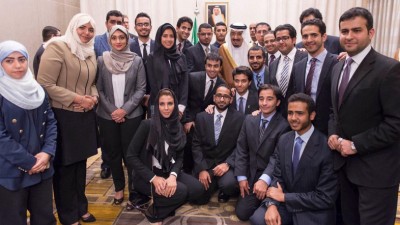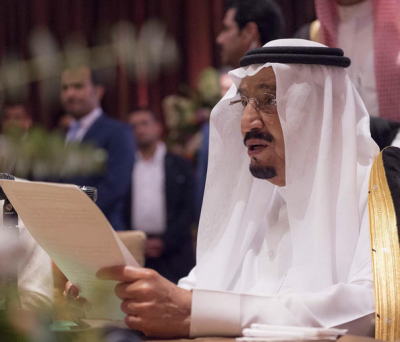According to Dr. Mohammad Al-Isa, Cultural Attaché to the United States, the number of Saudi students studying in the United States has fallen from 120,000 in 2015 to 80,000 in 2016, reports Arab News.
The drop comes as the popular program has been “re-evaluated,” with new scholarship program guidelines that are significantly tighter and limit participants to those attending one of the top 100 universities globally, or studying a program rated in the top 50 in its field.
The reduction of the program was announced in February 2016, just months after the program was expanded to include all students in the United States in September 2015. The program has also been renamed, from the King Abdullah Scholarship Program (KASP) to the Custodian of the Two Holy Mosques Scholarship Program.
The program was founded in 2005 and is one of the late King Abdullah’s legacy programs. The scholarship fund covers full tuition, medical insurance, a monthly stipend for living expenses, and an annual round-trip airfare for undergraduate, graduate and doctoral students. Previously, there were few restrictions on where and what Saudis could study.
KASP served as much as a cross-cultural exchange between young Saudis and universities around the world as a program to educate Saudi’s future generations.
It is not known how much further the program will be reduced from its recent levels. When KASP began in 2005, there were fewer than 5,000 students to the United States. That number grew to well over 90,000 in 2015, making Saudi Arabia the fourth largest source of foreign students in the United States.
Roughly 90% of students from Saudi Arabia studying abroad are supported by the fund. Education and training still represent the highest areas of spending by the Saudi government in its 2016 budget.
U.S. universities are likely to start feeling the pinch soon. At Wichita State University in Kansas, for example, 260 of the 318 students there are on the scholarship program. If the university lost these students, it would amount to a $4 million revenue hit annually, according to that university’s newspaper.
According to a report in the ICEF Monitor, International enrollment in US Intensive English Programs (IEPs) “has fallen off noticeably over the past year” due in part to the reduction of the KASP program.
SACM has chosen not to hold its annual career fair and graduation ceremony in Washington this year. The expansive networking event and ceremony for recent graduates was an opportunity for students to explore job opportunities and celebrate their achievements in the United States.
Al-Isa said the new program provided “no room for laziness, with those failing to work being sent back to the Kingdom with nothing to show for their time overseas.”
In March, Arab News reported that a group of Saudi students in the United States planned to organize a ceremony in memory of King Abdullah, entitled “We Will Not Forget You” and aims to present and call to mind King Abdullah’s various achievements in the education sector.











